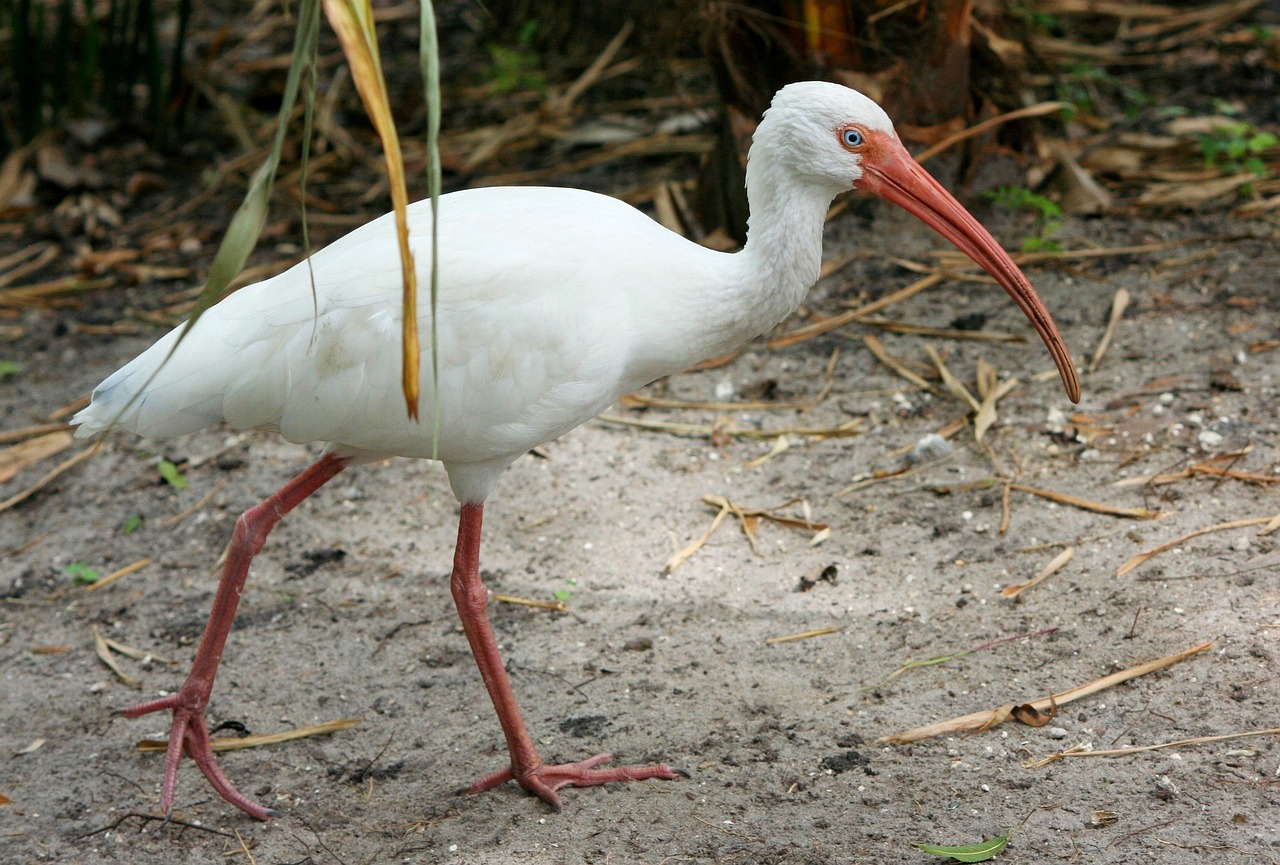
CEID members Stacey Lance and Sonia Hernandez are authors on a recent paper investigating the complex interactions between mercury (Hg) exposure, urbanization, and Salmonella infection in White Ibis. The study aimed to determine whether urbanization affects mercury levels in these birds and if mercury exposure influences their susceptibility to Salmonella. Researchers analyzed feathers from 94 White Ibis, capturing data along an urbanization gradient from 0% to 68% and confirmed Salmonella shedding status.
Mercury was detected in all sampled ibis feathers, with concentrations ranging from 0.22 to 8.47 mg/kg. The mean mercury concentration was 1.96 mg/kg, significantly lower than post-1998 levels, suggesting a decrease in mercury exposure over the past two decades. This reduction could be attributed to regulations on waste incineration and habitat restoration efforts in the Everglades ecosystem. Interestingly, a significant negative correlation was observed between mercury concentration and urbanization level, indicating that ibis in more urbanized areas had lower mercury levels. This could be due to urban ibis having different dietary habits, foraging in parks, and consuming anthropogenic food sources, which likely contain less mercury.
Despite the known immunosuppressive effects of mercury in birds, the study found no significant correlation between mercury levels and Salmonella shedding status in White Ibis. This suggests that the mercury concentrations in the sampled birds were too low to impact their susceptibility to Salmonella or that mercury does not influence Salmonella shedding in this species. These findings highlight that other environmental factor, such as habitat conditions and anthropogenic activities, may play a more significant role in Salmonella prevalence among urban ibis populations.
The study’s results emphasize the importance of considering urbanization’s multifaceted impact on wildlife health. While urbanization appears to reduce mercury exposure in White Ibis, it does not significantly affect their Salmonella shedding status. This insight is crucial for wildlife conservation efforts, particularly in urban environments where habitat modification and pollution interact in complex ways.
For more, please find the study published in Journal of Wildlife Diseases
